Variety Lights (1950)
“I’m an artist. So are you!”
|
Synopsis: |
|
Genres, Themes, Actors, and Directors:
Review: However, Del Poggio (who reminds me of Rita Hayworth) holds her own as a young woman who is more single-mindedly ambitious than evil or unfeeling: … and De Filippo strikes the right tone as a man both deeply committed to his career, and naively eager to “protect” Del Poggio’s virtue. Variety Lights shows nascent evidence of Fellini’s trademark wit and surreality, most notably when the troupe is invited to a mansion to fix dinner and dance: However, the bulk of the story focuses on foiled ambitions, broken hearts, and the ongoing challenges of making it in show business — and to that end, Del Poggio’s ultimate decision (and where it lands her) is a telling reveal. Notable Performances, Qualities, and Moments: Must See? Links: |
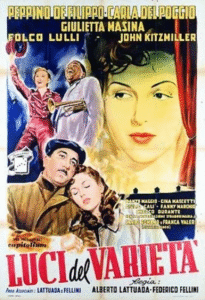
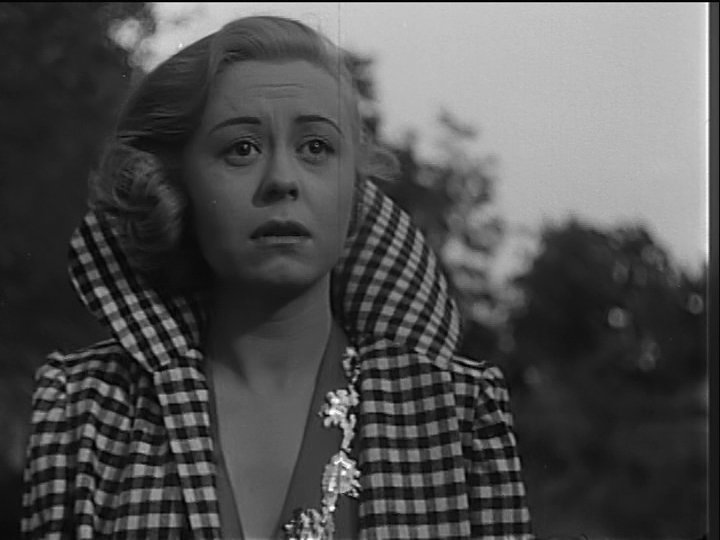
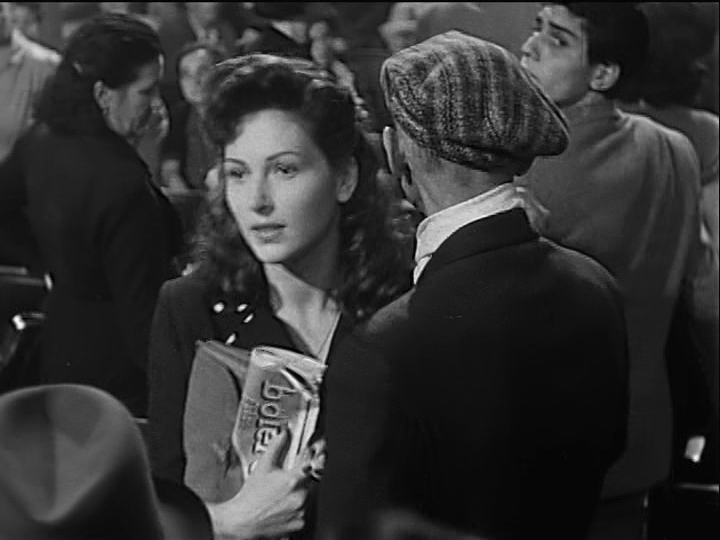
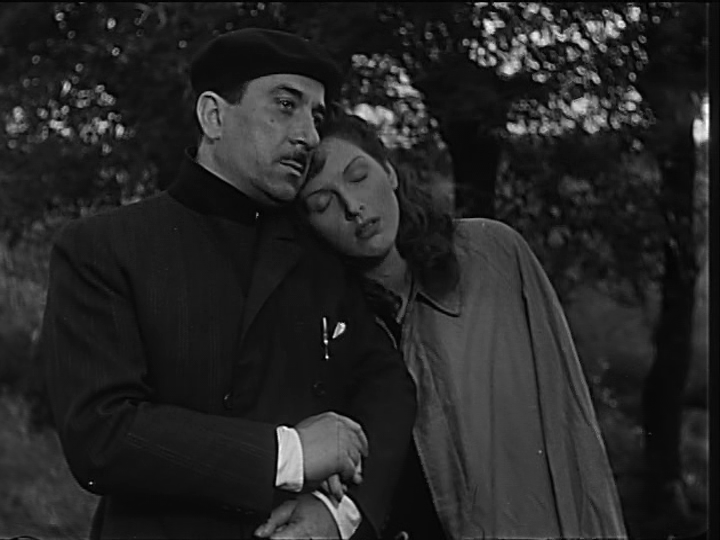
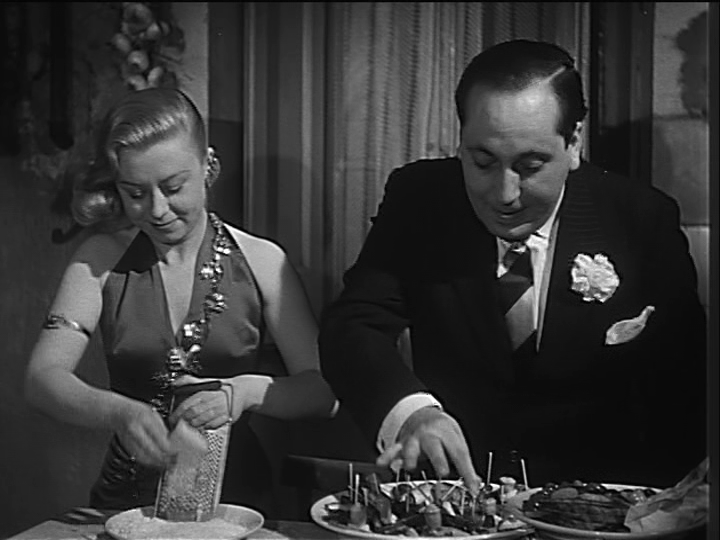
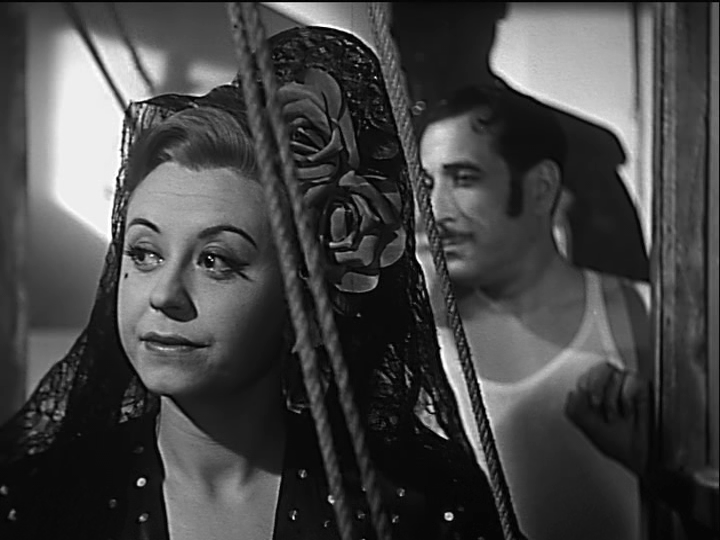
One thought on “Variety Lights (1950)”
First viewing (6/8/20). A once-must; Fellini’s debut is a fine introduction to his work. As per my post in ‘The ’40s-’50s in Film’ (fb):
“I know many great artists – all poor!”
‘Variety Lights’ (1951): Federico Fellini was a screenwriter for about 8 years or so before he made his directorial debut with this film (sharing the credit and billed second after Alberto Lattuada). Starring Fellini’s wife Giulietta Masina, Lattuada’s wife Carla Del Poggio, and Peppino De Filippo, the film deals with a group of third-rate traveling players (headed by De Filippo and Masina) who face upheaval when a young, beautiful, ambitious and slyly conniving woman (Del Poggio) insinuates herself into the group in order to create a stepping stone (to something better) in the theater.
Those unfamiliar with Fellini’s early work may be surprised by how free it is of the wild excess that would eventually dominate his most well-known films. ‘VL’ is simple and straightforward – a sort of collective character study of an itinerant group of always-broke but always gung-ho performers who suddenly find themselves in a position more precarious than usual when their leader completely and ridiculously loses his head over the new woman. Del Poggio is quite the efficient manipulator (beauty is a beast). Of course, Masina takes it harder than anyone else. This is the first of several roles that Fellini would give his wife in which she’s seen as loyal, with a heart of gold, and at risk of having said heart torn to pieces.
Perhaps what the viewer comes away with more than anything else is De Filippo’s full-scale portrait of a fool… one whose foolishness is total; his unwarranted devotion and unchecked infatuation are ruinous, but ultimately barely challenged.